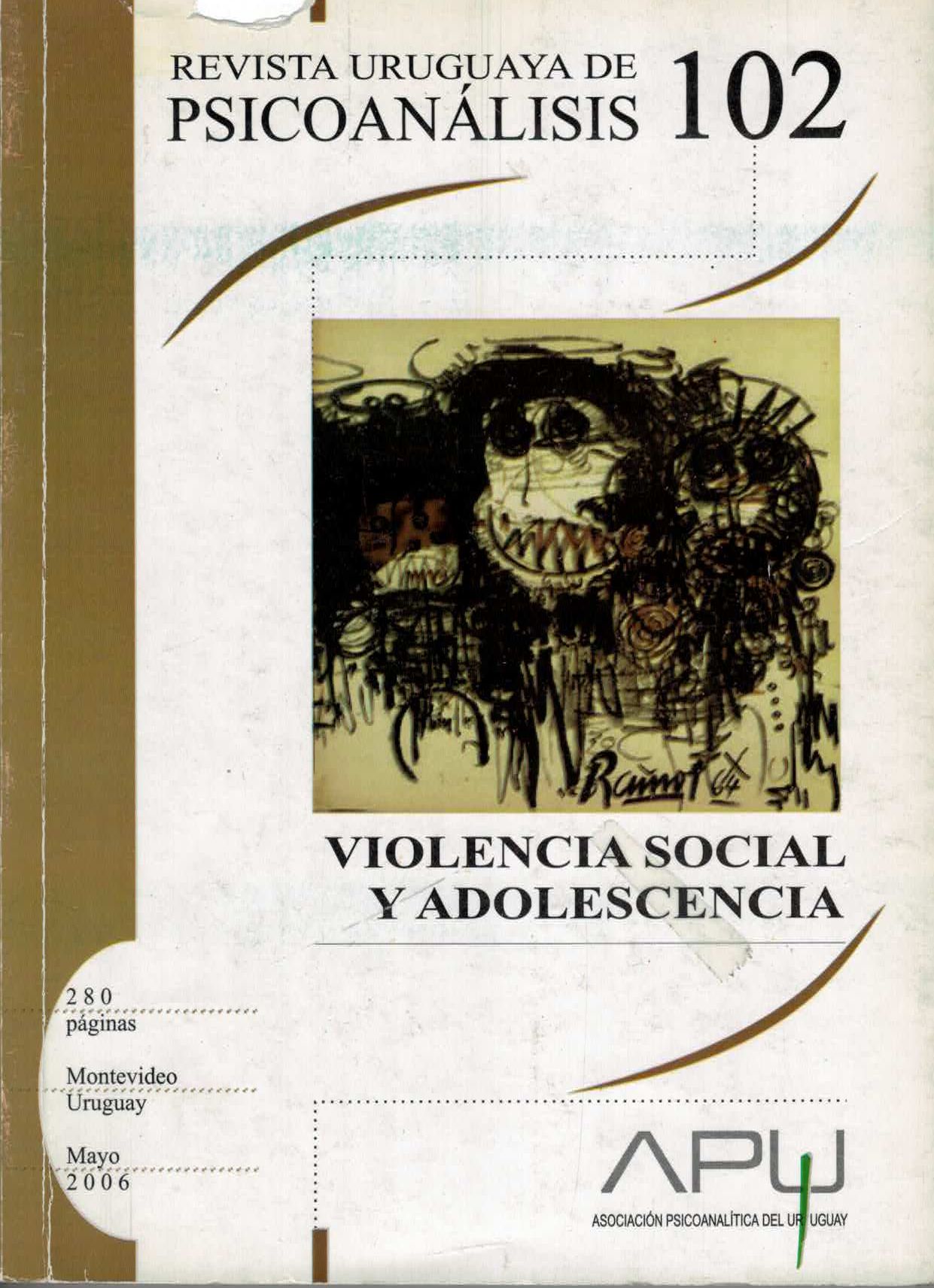Consideraciones éticas en la investigación psicoanalítica
Palabras clave:
ética, investigación, psicoanálisisResumen
Este trabajo se ocupa de diversos aspectos de la temática ética e n la investigación psicoanalítica. Con ese propósito, se
recorren los distintos momentos del proceso de investigación, desde la selección del tema a investigar, el planeamiento y diseño
de la investigación, pasando por el proceso de investigación en sí y su publicación, hasta la custodia de los datos de la
investigación. Analiza los problemas éticos que se le presentan al investigador/a en cada uno de esos momentos, en especial
acerca de temas que tienen que ver con el cuidado y respeto por los participantes: el manejo de materiales clínicos, la invasión
de la privacidad y la confidencialidad, el anonimato, el consentimiento informado, el engaño u omisión, el daño
psíquico, el plagio y fabricación de datos o falsificación de resultados.
Descargas
Referencias
ARON, L. (2000). Ethical consideration in the writing of psychoanalytic case histories. Psychoanalytic Dialogues, 10:231-246.
BLATT, S. y SHAHAR, G. (2004). Psychoanalysis- with whom, for what, and how? comparison with psychotherapy. JAPA, 52 ,2, 393-447.
FREUD, S.(1895). “Estudios sobre la histeria”. O.C. Buenos Aires: Amorrortu Editores. T.II.
FREUD, S. (1905). “Fragmento de un caso de histeria”. O.C. Buenos Aires: Amorrortu Editores. T.VII
FREUD, S. (1909). “A propósito de un caso de neurosis obsesiva” O.C. Buenos Aires, Amorrortu Editores. T.X.
FREUD, S. (1912): “Consejos al médico sobre el tratamiento psicoanalítico“. O.C. Buenos Aires, Amorrortu Editores. T.XII.
GABBARD, G. O. (1997). Case Histories and confidentiality. Int. J. Psycho-Anal., 78:820-821.
GABBARD, G. O. (2000). Disguise or consent: Problems and recommendations regarding the publication and presentation of clinical
material. Internat. J. Psycho-Anal., 81: 1071-1086. Publicado en español en (2002) Libro Anual de Psicoanálisis, XVI, 201-215.
GLOVER, E. (1952): Métodos de investigación en Psicoanálisis. Rev. Uruguaya de Psicoanálisis, III, 1, 66-81, 1959.
KAZDIN, A. (2003) Research Design in Clinical Psychology. (4th.Edition). Boston: Allyn and Bacon.
KELMAN, H. (1972). The rights of the subject in social research.American Psychologist, 27, 989-1016.
LAX, R. (2002). Ethics of psychoanalysis: Confidentiality. Int. J. Psycho-Anal., 83: 457-462.
LIPTON, E. L. (1991). The analyst’ s use of clinical data, and other issues of confidentiality. J. Amer. Psychoanal. Assn., 39:967–986.
LEIBOVICH DE DUARTE, A. (2000). La Dimensión Ética en la Investigación Psicológica. Investigaciones en Psicología. Revista del
Instituto de Investigaciones, Facultad de Psicología, UBA, Año 5, Nº 1, 41-61.
OBERNDORF, C.; GREENACRE, P. y KUBIE L. (1948). SymposiumOn The Evaluation Of Therapeutic Results. Int. J. Psycho-Anal., 29:7-
PAUL, G. L. (1967). Strategy of outcome research in psychotherapy. Journal of Consulting Psychology 31, 109-118.
RABOSSI, E. (1995). La ética y la moral en la investigación. En: Libro de las Primeras Jornadas de Investigación en Psicología. Secretaría
de Investigaciones, Facultad de Psicología, UBA, 37-39.
TUCKETT, D. (2000). Reporting clinical events in the Journal: towardsthe construction of a special case. (Editorial). Int. J. Psychoanal., 81:
–1069.
WALLERSTEIN, R. (1986): Forty two lives in treatment. New York: Guilford.
WALLWORK, E. (1991) El psicoanálisis y la ética. México: Fondo de Cultura Económica (1994).



 This work is licensed under a
This work is licensed under a 